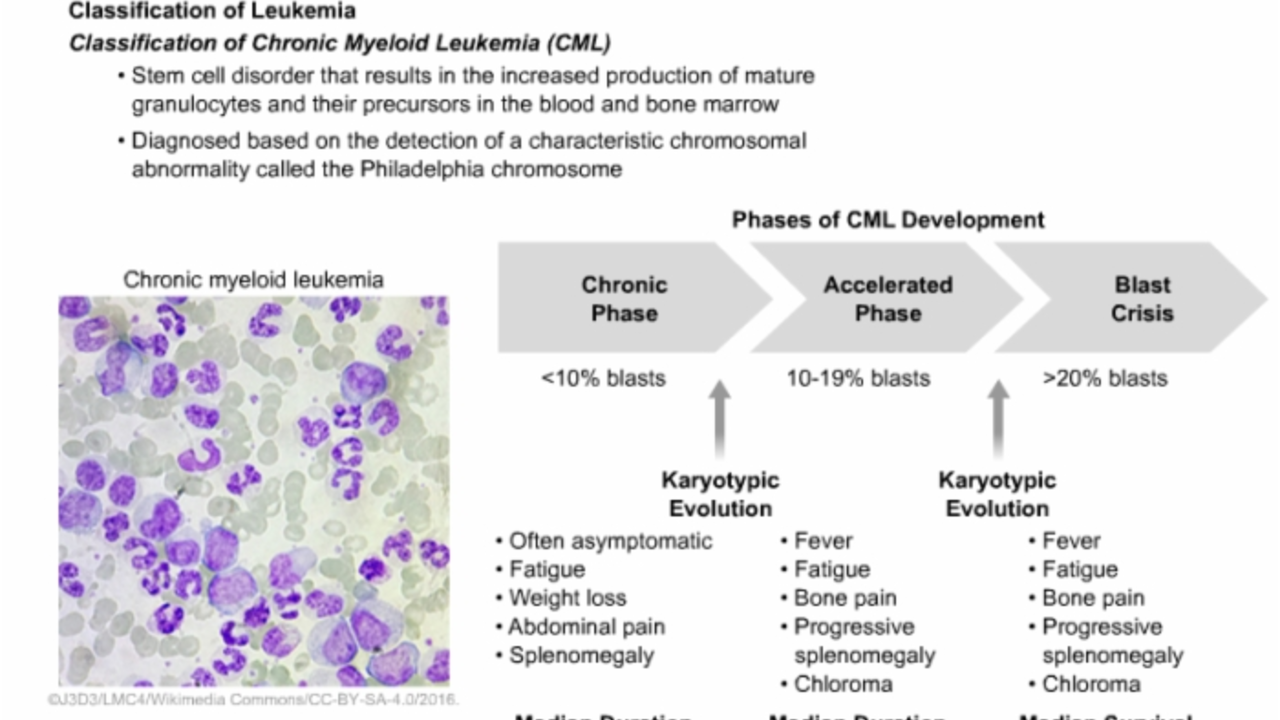Impact on Fertility: How Medications Can Affect Reproductive Health
Medications can change your fertility in different ways — sometimes temporarily, sometimes longer. This page pulls together clear, practical advice so you can spot risks, ask the right questions, and make safer choices with your prescriber. You don’t need a medical degree to protect your chances of conceiving; you just need specific steps and reliable sources.
What to watch for
Look for three things in any drug profile: effects on hormones or ovulation, changes to sperm quality, and risks during pregnancy. Some drugs lower libido or delay ovulation; others can reduce sperm count or cause DNA damage in sperm. A separate risk is birth defects if a medication is taken during early pregnancy — that’s different from fertility, but it matters for planning. If an article on this site mentions a medication by name (for example Famvir, Effexor, or GLP‑1 drugs), read the full piece and note any fertility-related sections.
Side effects like heavy menstrual changes, missed periods, erectile problems, or sudden drops in libido are red flags. They don’t always mean permanent harm, but they mean it’s time to talk to a clinician. Also check for warnings about pregnancy or contraception in the drug label — those are there for a reason.
Practical steps to protect fertility
First, talk to your prescribing doctor before you stop or switch meds. Some drugs require tapering; others are safe to pause. Ask specifically: "Does this drug affect ovulation, sperm count, or increase pregnancy risks?" If the answer isn’t clear, ask for a referral to a reproductive specialist.
Second, get basic tests if you plan to try for a baby soon. Men can do a semen analysis; women can measure AMH or get ovulation tracking. These tests give a snapshot and help decide whether to pause certain drugs or try alternatives. Our site has articles comparing meds and alternatives (for example articles on metformin vs GLP‑1s or prednisone alternatives) — those can help you start the discussion with your provider.
Third, consider timing. For some drugs, stopping a month or two before trying to conceive is enough. For others, like certain chemotherapy agents or isotretinoin, waiting longer or using assisted reproduction may be needed. Never stop high‑risk meds on your own; work with a doctor to plan safer options.
Finally, protect overall fertility health: stop smoking, limit heavy drinking, keep a healthy weight, and manage chronic conditions like diabetes or thyroid disease. These changes often boost fertility more than tiny drug switches do.
If you want targeted reads, check our posts that discuss drug effects, safe online pharmacies, and alternatives to common meds. And if fertility is urgent or you have a history of reproductive problems, contact a fertility clinic — faster evaluation can save time and options.
The Impact of Chromosome-Positive Lymphoblastic Leukemia on Fertility and Pregnancy
In my recent research on Chromosome-Positive Lymphoblastic Leukemia, I've found that it can significantly impact fertility and pregnancy. This type of leukemia can make it harder for females to get pregnant and carry a pregnancy to term. For males, it can affect sperm production and overall fertility. Additionally, treatment for this disease often involves chemotherapy, which has been known to have adverse effects on fertility. It's a complex topic, but it's essential to understand if you or a loved one is navigating this challenging health issue.
